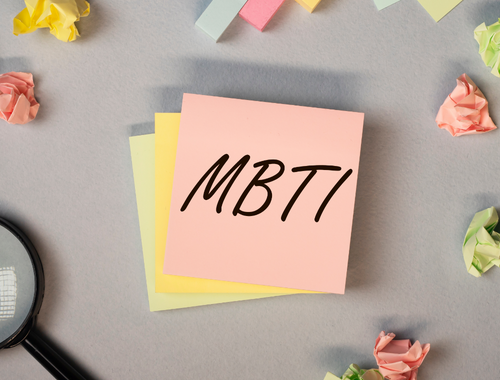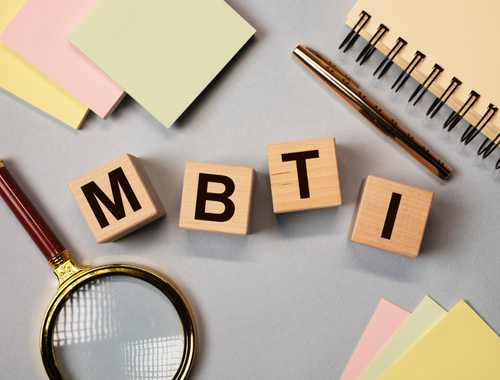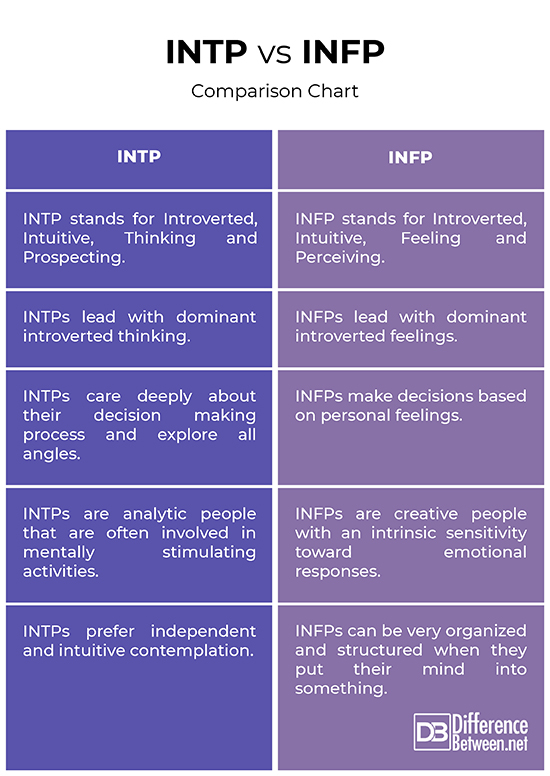Difference Between INTP and INFP
You probably have heard about the much-criticized Myers-Briggs Type Indicator (MBTI) or not. To those who literally have no idea what MBTI is, it’s a self-help assessment test, kind of a psychometric questionnaire developed by the mother-daughter duo Catherine Briggs and Isabel Briggs Myers in order to measure the basic preferences of people in regard to perception and judgment. It basically answers the questions like what makes us who we are and why do some people behave in certain ways, and so on. INTP and INFP are two common personality traits described by the MBTI. Let’s try to understand the key differences between the two.

What is INTP?
INTP stands for Introverted, Intuitive, Thinking and Prospecting. It’s one of the rarest of the 16 personality types described by the MBTI. INTPs are often described as reserved, creative, inventive and analytical. They have this unique ability to impress others with their distinct perspective and intellect. They are among the rarest of the population, especially when it comes to women. They make up only about 3 percent of the general population.

What is INFP?
INFP is a rare personality type of the 16 MBTI types. INFP stands for Introverted, Intuitive, Feeling and Perceiving. They are often called mediators because they have this ability to empathize with people around them and seek to understand and learn from the experiences of others. They stand out from the rest because of their remarkable qualities; they can be complicated and mysterious at the same time. They are highly reflective with a sense of value that is driven from within rather than shaped from their immediate environment.
Difference between INTP and INFP
Personality
– INTP is someone who demonstrates introverted personality traits. They are one of the more rare types; they are analytic people that are often involved in activities that are mentally stimulating. They enjoy learning new and quirky stuffs and can brainstorm for hours carried away in some random topics. INFP is someone who can be described as an idealist or mediator. They are creative people with an intrinsic sensitivity toward emotional responses to music, art and nature.
Decision-making
– One of the key differences between the two lies in how they make decisions. INTPs care deeply about their decision making process, exploring all angles and figuring out recurring patterns, and then taking the final decision. They do not just care about the end result, which is why they often become too indecisive. INFPs, on the other hand, makes decisions based on personal feelings and so they like to keep the discussion open, which often leads to slight delay in the decision making process. They just don’t take a decision prematurely.
Under Stress
– Both see the world through different lenses, but how do they react or respond under stress or difficult situations? INTPs are not exactly very tactful, and under stress, they tend to shut down their feelings and find it difficult to connect with others. But even with such hostility, they do not hurt others’ feelings or emotions. INFPs are naturally very sensitive, so when stressed, they are typically dominated by feelings of individualism and tend to get lost in internal turmoil. When the situation becomes more complicated, they can feel a bit overwhelmed.
Logic/Opinion
– INPTs are more logical types and they usually base their decisions on objective facts rather than subjective information. If someone sounds more convincing logically, they might just change their minds. Also, you can expect a heated debate if you lack logic. INFPs, on the other hand, are driven by moral integrity so they are open to others’ viewpoints as well. They can be stubborn though, when it comes to adjusting their feelings because their choices are often emotionally driven rather than logically.
INTP vs. INFP: Comparison Chart

Summary
In a nutshell, INTP and INFP are two of the 16 personality types described by the Myers-Briggs Type Indicator, also known as the MBTI types. This states that all people have dominant functions that are based on four categories; introversion/extroversion, thinking/feeling, sensing/intuition, and judging/perceiving. It’s true that both are among the rarest out there and they are creative, idealistic people with a knack for demonstrating their intelligence. INFPs lead with dominant introverted feelings whereas INTPs lead with dominant introverted thinking.
Which is better INTP or INFP?
INFPs are much more emotionally inclined compared to their INTP counterparts. INTPs care deeply about their decision making process, whereas INFPs take decisions based on personal feelings. So, both the personality types have their fair share of pros and cons.
Can INFP and INTP be friends?
Both the types can absolutely be friends if they behave maturely and be honest with each other, and most importantly, tolerant of each other’s contrasting personalities.
What is the smartest personality type?
INTJs tend to be incredibly smart and intelligent, and they do not waste any time getting things done. They are also the most skilled among the different personality types.
Are INFP smart?
Although highly sensitive and emotional, INFPs are smart. In fact, they are known to be emotionally intelligent since they are observant of human behaviors and character.
Is INFP gifted?
INFPs are among the gifted adolescents when it comes to personality types. They are often the flag bearer of morality. They value honesty and integrity.
Can INFP be talkative?
INFPs are generally less chatty in front of people they don’t know, but sometimes, they are remarkably talkative. At the same time, they can be very moving with public speaking.
Who likes INFPs?
Typically, ENFJs or ESFJs would be more likely to be attracted to INFPs because both of them are dominant feelers, so are able to enjoy an inspiring friendship.
- Difference Between Caucus and Primary - June 18, 2024
- Difference Between PPO and POS - May 30, 2024
- Difference Between RFID and NFC - May 28, 2024
Search DifferenceBetween.net :
1 Comment
Leave a Response
References :
[0]Granneman, Jenn. The Secret Lives of Introverts: Inside Our Hidden World. New York, United States: Simon and Schuster, 2017. Print
[1]Bayne, Rowan. The Myers-Briggs Type Indicator: A Critical Review and Practical Guide. Cheltenham, United Kingdom: Nelson Thornes, 1997. Print
[2]Quenk, Naomi L. Essentials of Myers-Briggs Type Indicator Assessment. New Jersey, United States: John Wiley & Sons, 2009. Print

Wow! Amazing article! I have never heard of this before. My knowledge was limited to Introverts and Extroverts. Great.